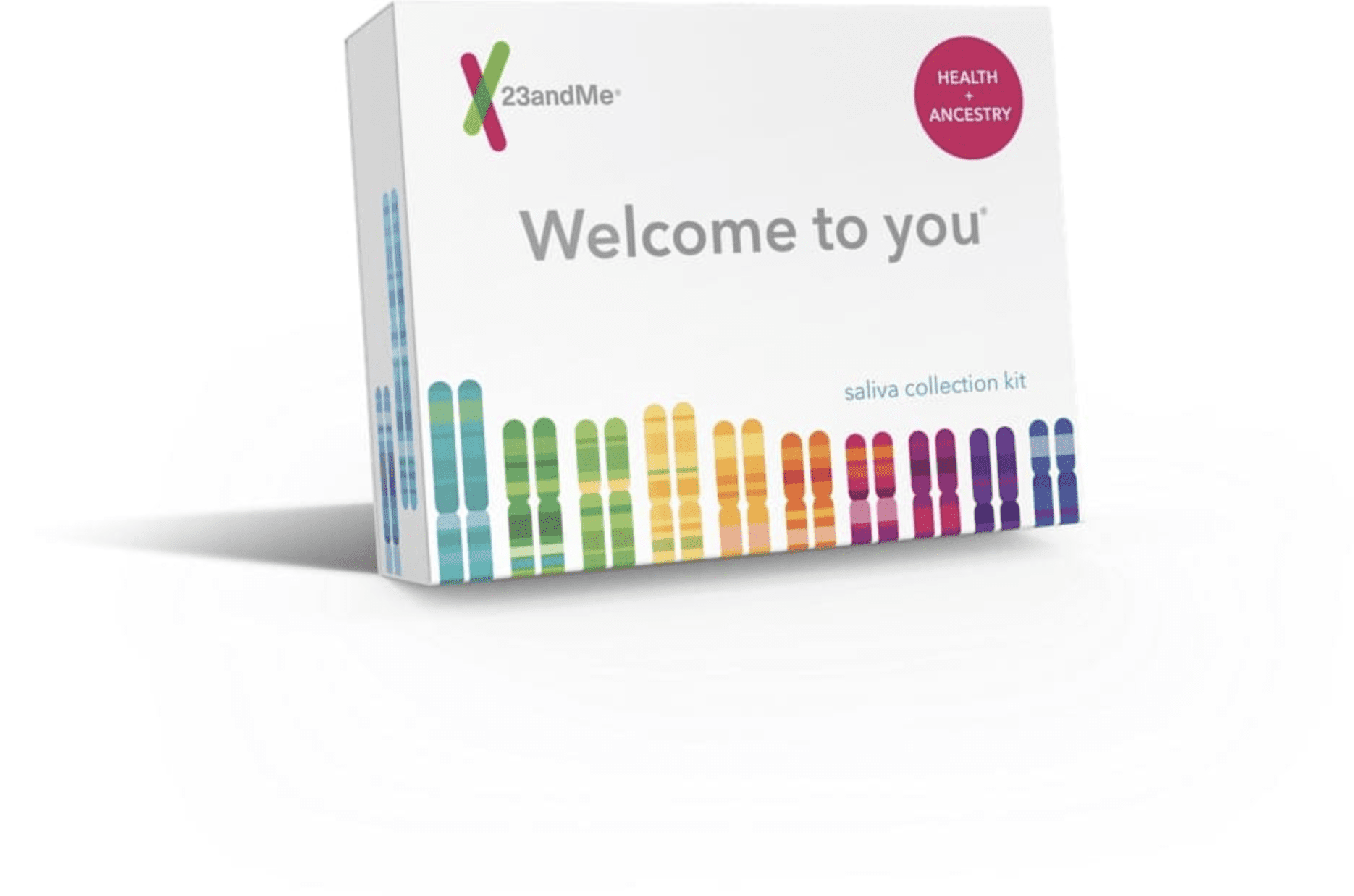Let's talk aboutSalla Disease
What is Salla disease?
Salla disease (also known as free sialic acid storage disease) is a rare genetic disorder. It is characterized by a gradual loss of muscle tone and coordination, as well as impaired growth, intellectual disability, and seizures. A person must have two variants in the SLC17A5 gene in order to have this condition. People with just one variant in the SLC17A5 gene are called carriers. They’re not expected to have Salla disease themselves, but they could pass their variant on to their future children.
The genetics behind Salla disease
Salla disease is caused by variants (differences) in the SLC17A5 gene. The SLC17A5 gene contains instructions for making a protein called sialin. Certain variants in SLC17A5 prevent the sialin protein from removing sialic acid from lysosomes (compartments within cells that break down and digest material). This results in a harmful buildup of sialic acid.

What are the symptoms of Salla disease?
Symptoms of Salla disease include intellectual disability, loss of muscle tone and coordination over time, and seizures. Symptoms typically develop during infancy or childhood.
Did you know?
Salla disease is most common in people of Finnish and Swedish descent.
Explore More
The 23andMe Salla Disease Carrier Status report* can tell you whether you may be a carrier for Salla disease. Being a carrier means you have a genetic variant that you could pass down to your future children. 23andMe tests for one variant in the SLC17A5 gene linked to Salla disease, and the report is most relevant for people of Finnish and Swedish descent. 23andMe does not test for all possible genetic variants linked to Salla disease, and individuals who have zero variants detected still have a chance of being a carrier for Salla disease.
The Salla Disease Carrier Status report is included in the 23andMe Health + Ancestry Service.

Health + Ancestry Service
*The 23andMe PGS test uses qualitative genotyping to detect select clinically relevant variants in the genomic DNA of adults for the purpose of reporting carrier status and reporting and interpreting genetic health risks. The relevance of each report may vary based on ethnicity. Our carrier status reports can be used to determine carrier status, but cannot determine if you have two copies of any genetic variant. These carrier reports are not intended to tell you anything about your risk for developing a disease in the future or anything about the health of your fetus, or your newborn child’s risk of developing a particular disease later in life. For certain conditions, we provide a single report that includes information on both carrier status and genetic health risk. The Salla Disease Carrier Status report is indicated for the detection of one (1) variant in the SLC17A5 gene and is most relevant for people of Finnish and Swedish descent. For important information and limitations regarding each carrier status report, visit 23andme.com/test-info.
References
Adams D et al. (2003). “Free Sialic Acid Storage Disorders.” [Updated 2013 Jun 06].